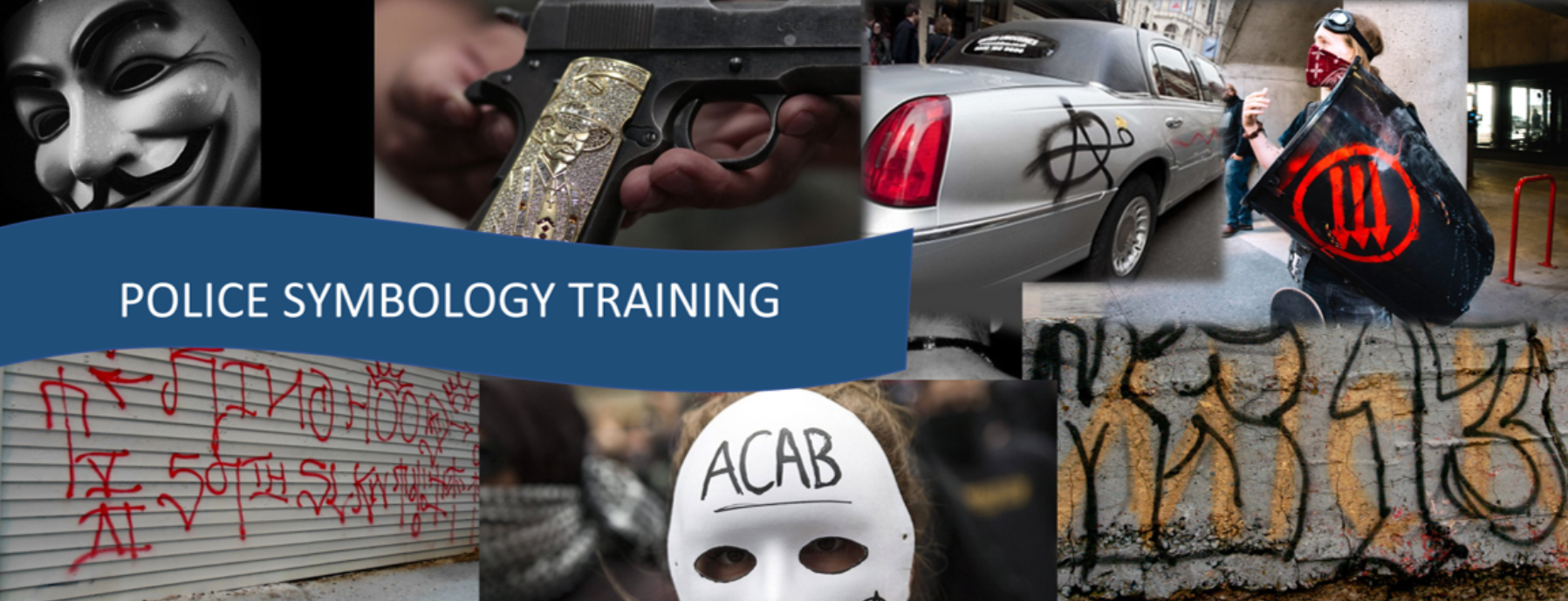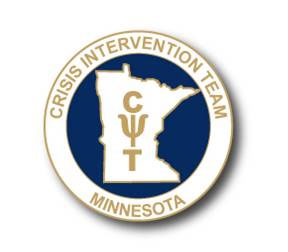Police Symbology
Decoding DTO’s, Terrorist Groups & Violent Extremists
Presented by: Symbol Intelligence Group, LLC
October 1 – 2, 2018, 8 AM – 4 PM.
$200/ officer
MN POST #10035-1124
To register, click here.
COURSE OVERALL LEARNING GOAL:
This two day training introduces law enforcement professionals to ‘Police Symbology’. Attendees are trained on identifying the emblems, flags, insignia, tattoos, graffiti, clothing, masks, vehicle decals and other identifiers found during searches, on vehicles, on social media, at protests, crime scenes and in prisons. Officers will learn to recognize and evaluate symbols and other identifiers of drug trafficking organizations, nationalists, anarchists, special interest extremists, designated terrorist groups and violent extremists. Symbolic analysis techniques are described. This class includes a special segment on anti-police symbols, movements and cyberattacks that target officers. The significance of symbolic evidence for identification, interdiction, corrections, intelligence, crowd control, investigation and countering violent extremism will be emphasized. This lecture will assist officers in recognizing and evaluating potential threats.
TRAINING INCLUDES:
- FREE Annual Subscription to Symbol Intelligence Group Officer Awareness Bulletins 100.00 value
- Narco-ID LEO Reference Guide / Poster.
- Jihad-ID LEO Reference Guide / Poster.
- Symbol Intelligence Group Publications.
- Police Symbology Training Certificate
REGISTRATION INFORMATION:
Class Fee: The fee for this two day class is 200.00. A small fee is charged for online credit card registration. Registration is open on the day of training if seats are still available. Same day registration is limited to online payments received prior to 8:00am.
Online Registration: Go to the green ‘Tickets’ button at the top right of this page. Select the number of attendees and click the checkout button. Fill out the registration form. After your payment is approved you will receive email confirmation and your class ticket(s).
Registration by Mail: You can mail your registration in with payment by check. For mailing address, registration form and instructions download the Police Symbology Training Flyer.
Authorization to Invoice Agency: For authorization to invoice your agency email info@symbolintelligence.com
Area Hotels: Directions and lodging near the South Metro Public Safety Training Facility are listed on their website here.
Credentials: Police Symbology Training is restricted to personnel in law enforcement, forensics, intelligence, defense, probation/parole, corrections and criminal justice professionals. Identification will be required.
Contact Information: Symbol Intelligence Group info@symbolintelligence.com | 703 348-8005 | www.symbolintelligence.com
Symbol Intelligence Group
The Symbol Intelligence Group specializes in the research, analysis and identification of symbolic evidence.The Symbol Intelligence Group hosts unique training events that introduce law enforcement professionals to ‘Police Symbology’. Our subject matter experts provide training on the identification, analysis and assessment of symbols, emblems, graffiti, ciphers, codes and other symbolic evidence. Classes have applications for narcotics investigation, interdiction, corrections, intelligence, homicide investigation, crowd control and counterterrorism.






